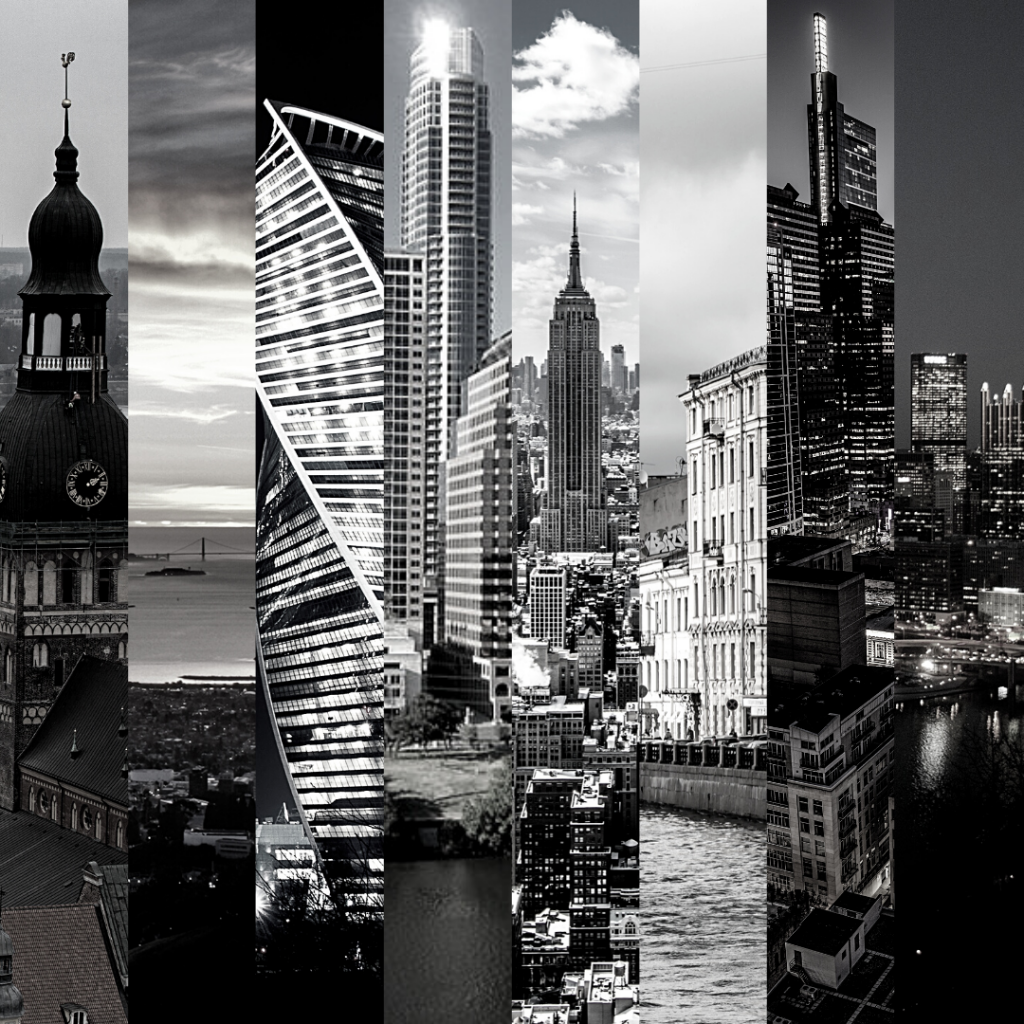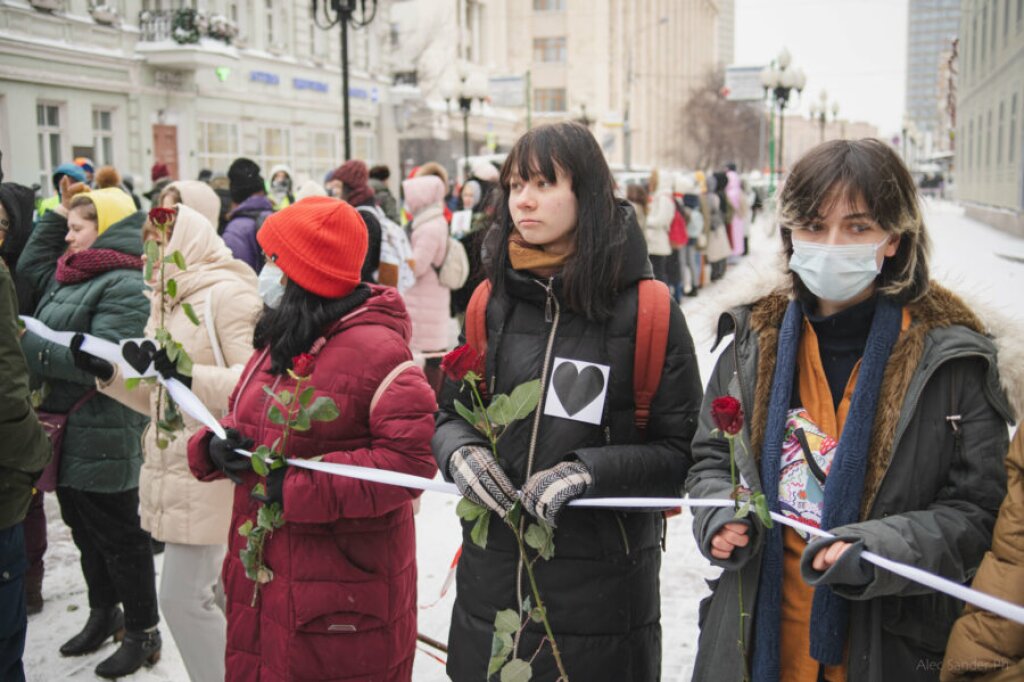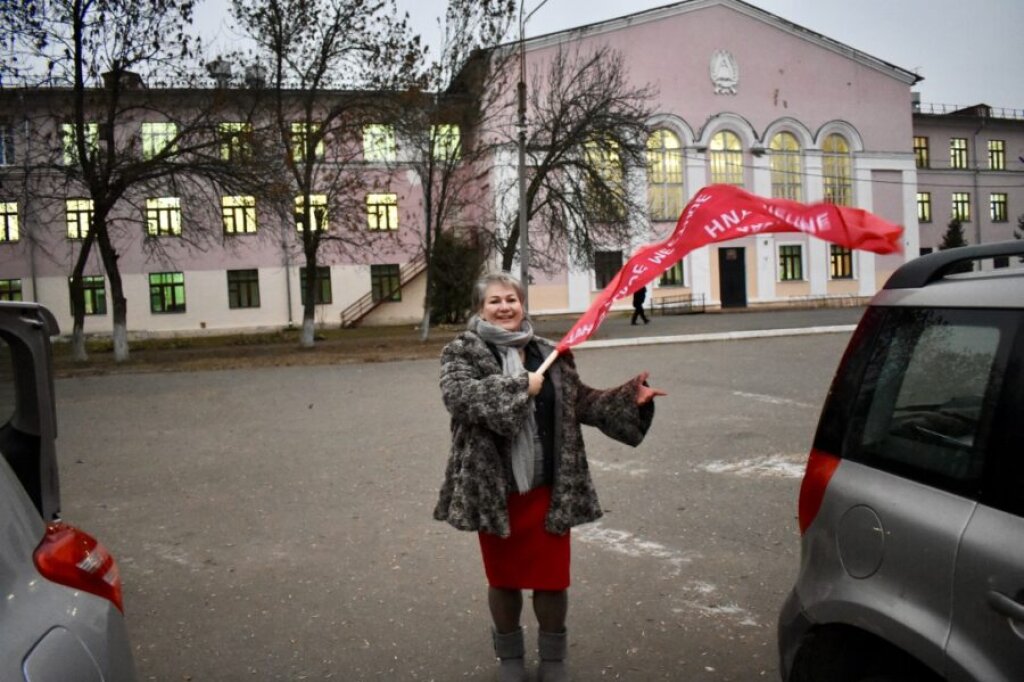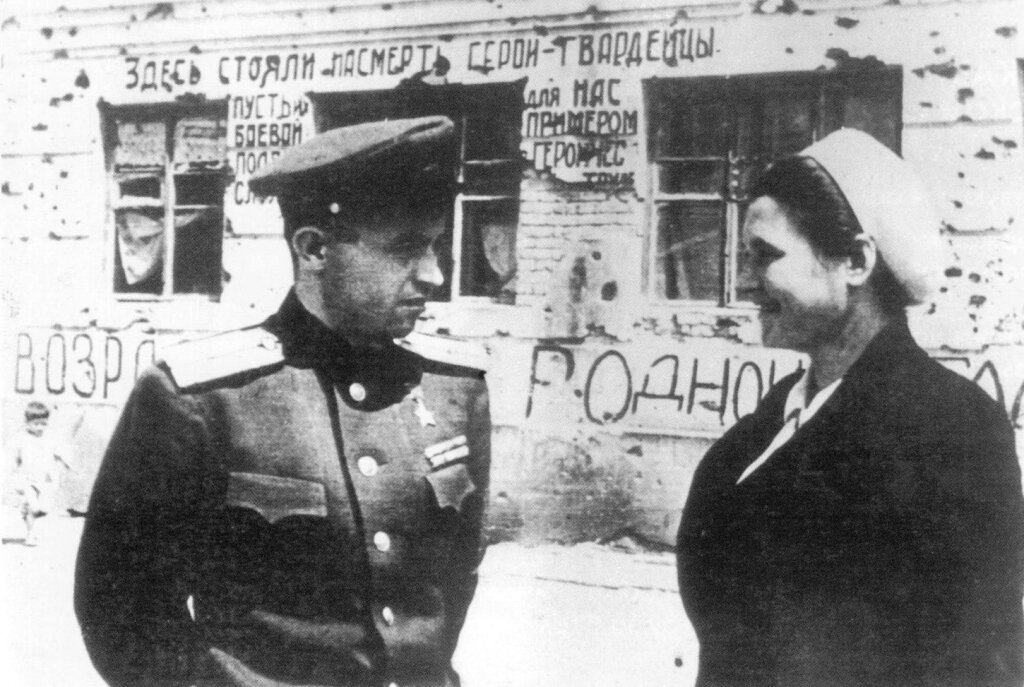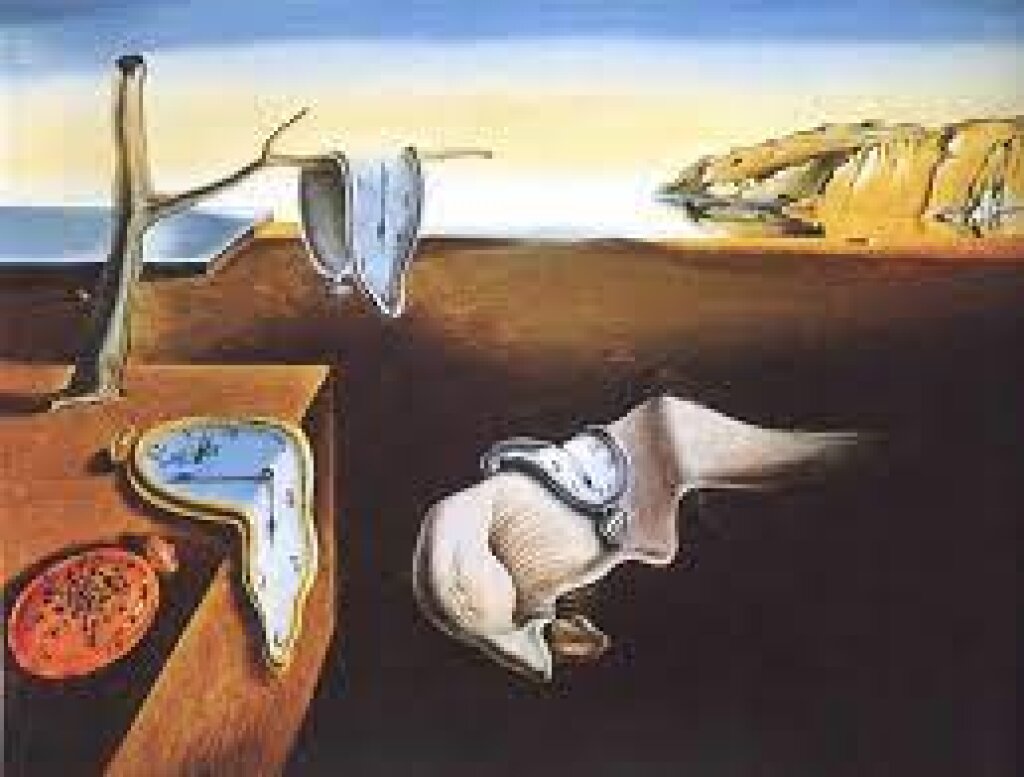In Fall 2020, our friend and colleague Stephen Cohen passed away. At the time, we honored him with a post containing testimonials from past and current recipients of the Stephen Cohen Fellowship, which funds graduate education for master’s students in the Department of Russian & Slavic Studies at NYU, and the Cohen-Tucker Fellowship, which supports dissertation research in the field of Russian Studies. This semester, we are publishing a series focusing on Cohen and Cohen-Tucker Fellows' experiences and research in the REEES field. This is the sixth such post. Past installments in the series may be found here.
Natasha Bluth is a Ph.D. student in the Department of Sociology at UCLA.
Recent events in Eastern Europe have directed international attention to women on the political stage. Vivid seas of red and white at the ongoing pro-democracy protests against Belarusian President Alyaksandr Lukashenka that began in May 2020 have shone a spotlight on their three female figureheads, now nominated for the Nobel Peace Prize. In Poland this January, mass rallies materialized after the implementation of a wide-reaching abortion ban; there, demonstrators donned green bananas in solidarity with the Argentinian women and allies who helped to overturn similar legislation only a month earlier.
On February 14, a significantly more modest group of approximately 250 women convened on Moscow’s Arbat, forming a “Chain of Solidarity” (Tsep’ solidarnosti) in support of Russian female political prisoners. They also honored Yuliya Navalnaya, whose husband, opposition leader Alexei Navalny, recently recovered from a poisoning attempt only to receive a 2-year-eight-month prison sentence for violating parole in an earlier conviction. Though RT Editor-in-Chief Margarita Simonyan belittled the protesters on Arbat, insinuating that any woman with a man would have found something better to do on Valentine’s Day than attend this humble gathering, women-led activism deserves a thoughtful examination in the contemporary Russian context, particularly because current debates continue to explicitly tie women to traditional gender roles.
In January 2020, for example, President Vladimir Putin’s annual address to the Federal Assembly opened with a familiar predicament—Russia’s long-standing population decline—and trumpeted the expansion of the maternity capital program, which now provides vouchers to first- and subsequent-time mothers for their children’s education, housing improvements, or their own pension funds. Following the discussion of these government subsidies came the announcement of several constitutional amendments that have since worked to further centralize power in the country. Together, these themes highlighted the entanglement of women’s rights and bodily autonomy with the legitimation of the Russian state. Rhetorical and (albeit minimal) monetary assistance that continues to glorify motherhood also stands in stark contrast to the continued devaluation of women in Russia, typified by the government’s decriminalization of domestic violence in 2017.
Facebook" width="900" height="600" />
Within this political landscape, it’s important to consider not only how women are affected by such policies, but also how they participate in, contest, or uphold the views advanced by government officials. Though the sharp decline in women’s political participation after the end of the Soviet Union is well-documented, attention to the dearth of women’s voices in the federal ranks fails to account for other, more subtle forms of political action taking place at the regional and local levels, especially outside of Moscow’s limelight. For example, while in 2020, women comprised only 17.4% of the federal government, they held 47.2% of posts in the Yaroslavl regional government, and headed 72.7% of all structures in the Yaroslavl Municipal District.
Observing and interviewing women holding leadership positions in business, the nonprofit sector, government, and education during a seven-month stint last year in Yaroslavl began to complicate my understanding of how ideas about gender inform local politics and society in Russia, as well as how women contribute to the shaping or reshaping of these dynamics in their own lives and communities. While many of the activities in which these women participated were far from actions that typically register as political statements, such as protests, or even the “Chain of Solidarity” on Arbat, they revealed a sort of “quiet mobilization”—a social movement theory advanced by Colin Jerolmack and Edward Walker that describes conventional and non-agitational forms of motivated community engagement, such as chatting with one’s neighbors or establishing interest groups.
The behind-the-scenes nature of everyday women’s activism complements a statement made by Regional Duma Deputy and Yaroslavl Women’s Union representative Olga Khitrova, who writes that women are considered “only as actors in social processes, rather than as political actors in their own right.” Mistreatment towards 2018 presidential candidate Ksenia Sobchak, who was once called her a “whore” by fellow candidate Vladimir Zhirinovsky during a televised debate, encapsulates the reluctance and often flat-out opposition to women as legitimate players in the political realm, again by instrumentalizing cultural notions of women’s sexuality.
Although their lack of acceptance certainly comes at a cost, the few women who venture into Russian politics may be helping to slowly transform perceptions. For instance, Sobchak’s candidacy, and specifically the way that other presidential hopefuls and officials behaved toward her during the campaign, disenchanted some of my contacts in Yaroslavl. While she was criticized as a throwaway candidate and ultimately received just 1.67% of the vote, Sobchak nevertheless established a contrast with the otherwise largely graying pool of male politicians. Her televised appearances, coverage in the mass media, and meetings with both politicians and citizens across Russia may have also helped to challenge expectations regarding women’s capacity for civic involvement in a country governed by a patriarchal state.
Although the regional level highlights the active role that women play in community life, it also illustrates the constraints in which their activities take place. While I was initially discouraged by the absence of initiatives directly championing women’s rights in Yaroslavl, the wide range of programs in the city and region more broadly—from a youth forum and a resource center for NGOs, to a nonprofit aimed at integrating residents with disabilities into the community—spoke to the high level of local civic engagement, a domain where women reigned supreme.
Across this landscape, however, women maintained a contradictory relationship with the field and the role of women in it. In interviews, many reinforced not only the idea that leadership is gendered, but also that civil society itself is “female” for its emphasis on relational work and lack of profitability. Appearing in front of approximately 160 female attendees from the Yaroslavl region, speakers at the 6th Annual Mothers of Danilov Forum in November 2019 sang the national anthem and celebrated a cast of mothers (“the business lady,” “the mother of children with disabilities,” “the housewife,” and the always venerable “mother with many children,” mnogodetnaya mama) as key players in improving community life. As if preempting Putin’s 2020 address, the presenters safely operated within state-sanctioned ideological frameworks, linking the fate of the country to childrearing. At a workshop later in the day on civic engagement as a form of women’s self-realization, the organizer introduced the concept of the “glass ceiling” to about two dozen attendees and then argued that enhancing gender equality in Russia was an issue of women’s image and presentation.
From my experiences in Yaroslavl, transgressing traditional gender stereotypes may not be a widely-shared priority for women in the community—in an interview, the same workshop organizer later bemoaned the crisis of masculinity in Russia, arguing that activism on women’s rights means that “a man ceases to be a man.” Still, local women’s organizing, in whatever form it takes, remains significant, as it helps to acknowledge women as social actors of consequence the community, beyond their contributions as wife and mother.

